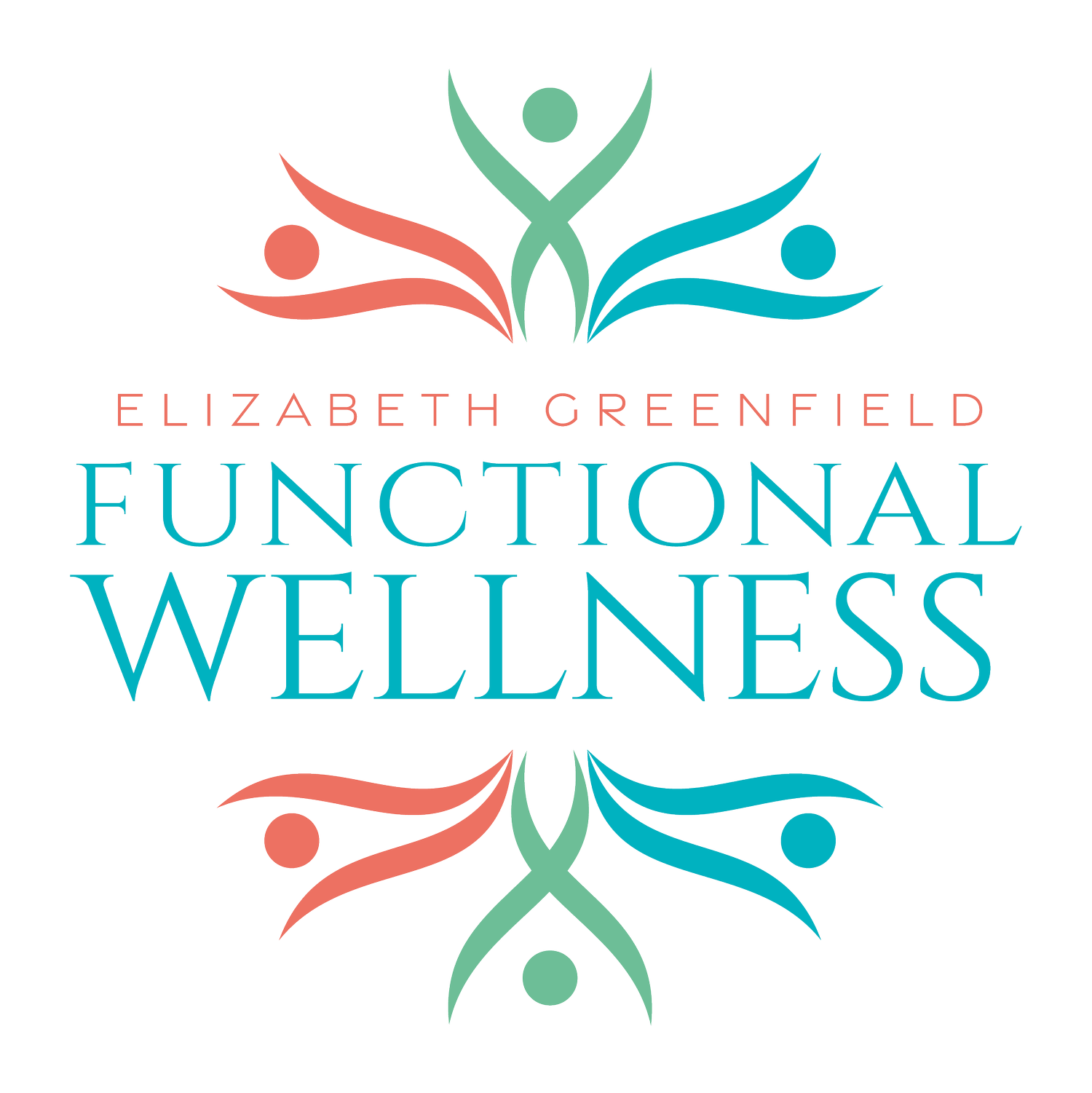Unveiling the Power of Epigenetics: How Methyl-Donor Nutrients Can Turn Back the Clock on Your Biological Age
In the ever-evolving field of genetics, a groundbreaking concept has emerged, reshaping our understanding of health and aging. This concept is epigenetics, a study that goes beyond our DNA sequence to explore how external factors can influence gene expression. Among these factors, nutrition plays a pivotal role, particularly through methyl-donor nutrients, which have shown promise in reversing biological age.
Epigenetics, in its essence, involves changes in gene activity without altering the DNA sequence itself. These changes can be triggered by various environmental inputs, lifestyle factors, and, notably, the foods we consume. Methyl donors, a group of nutrients found in certain foods, have garnered attention for their ability to donate methyl groups (-CH3) in biochemical reactions, including those involved in DNA methylation, a key epigenetic mechanism. DNA methylation can turn genes on or off, profoundly impacting our health and how our bodies age.
The link between methyl donors and biological aging is rooted in the concept of epigenetic clocks, which measure the methylation levels of specific DNA sites to estimate biological age—a marker of how old your body seems based on various biomarkers, as opposed to chronological age. Research suggests that by influencing DNA methylation patterns, we might not only slow down the aging process but potentially reverse it, thereby enhancing longevity and health.
So, what foods are rich in these powerful methyl donors? Here are some key players:
Leafy Greens: Spinach, kale, and Swiss chard are packed with folate, a vital methyl donor that supports methylation processes.
Beets and Avocados: These foods are rich in betaine, another compound that contributes to methylation and, consequently, to the regulation of gene expression.
Eggs and Legumes: Both are excellent sources of choline, which, aside from its role in brain health, acts as a methyl donor in DNA methylation.
Nuts and Seeds: Particularly rich in zinc, which is crucial for DNA synthesis and repair, nuts and seeds help maintain the body's methylation cycle.
Incorporating these foods into your diet can enhance your body's methylation processes, potentially reversing markers of biological aging. However, it's important to note that the relationship between nutrition, epigenetics, and aging is complex and multifaceted. While diet is a significant factor, other lifestyle choices—such as exercise, stress management, and avoiding toxins—also play critical roles in influencing our epigenetic landscape.
Emerging research in epigenetics offers a hopeful perspective on aging, suggesting that we have more control over our biological destiny than previously thought. By understanding and leveraging the power of methyl-donor nutrients, we can potentially reset our biological clocks, paving the way for a healthier, more vibrant future.
As we continue to unravel the mysteries of epigenetics, one thing becomes clear: the path to longevity is not solely written in our genes but also in the choices we make every day. By choosing nutrient-rich foods that support healthy methylation, we're not just nourishing our bodies; we're taking a proactive step towards influencing our genetic destiny, one bite at a time.
In conclusion, the field of epigenetics opens up exciting possibilities for aging and health, highlighting the profound impact of nutrition on our genetic expression. As research advances, the potential to harness the power of methyl-donor nutrients to reverse biological age and promote longevity becomes an increasingly tangible reality, offering a new frontier in our quest for optimal health.
